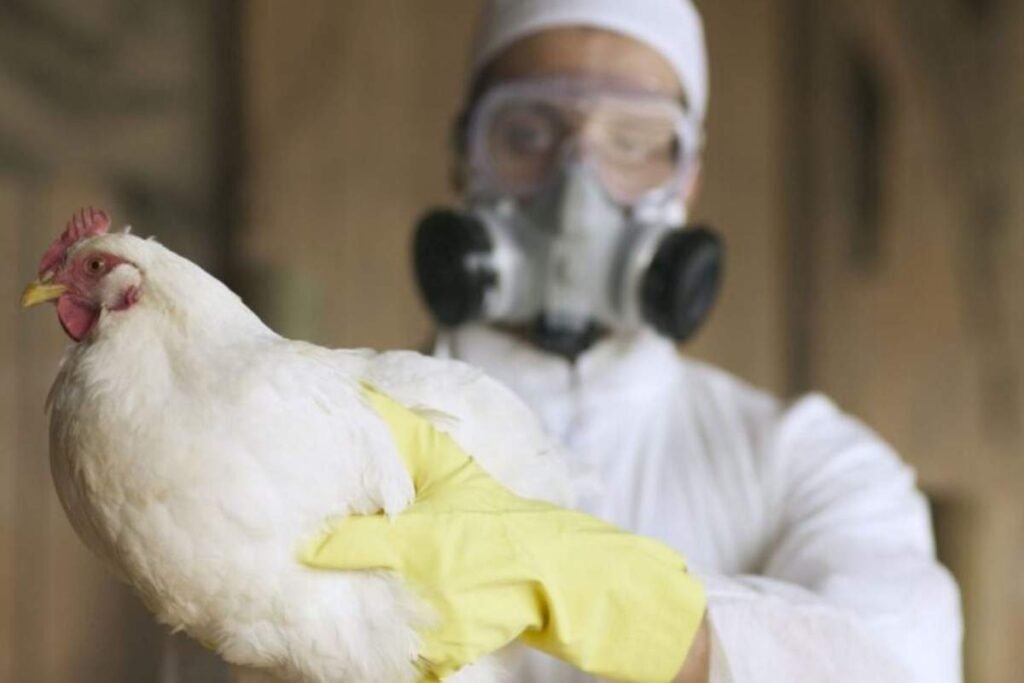As students across British Columbia return to school, news of a teen hospitalized in Vancouver with a suspected case of H5 avian influenza, commonly known as bird flu, has raised concerns among parents. Although this appears to be an isolated case, the situation has prompted discussions about safety measures in schools and how best to protect children from potential respiratory infections.
Dr. Anna Wolak, a family physician in Vancouver, acknowledged that many parents may feel a sense of déjà vu, recalling the early days of the COVID-19 pandemic. Even though this case of bird flu involves a single individual, Wolak shared her primary concern about children’s safety as they return to classrooms.
With British Columbia children returning to school, especially to crowded classrooms, we hope schools have taken steps to update their ventilation systems, Wolak emphasized. Good ventilation, air filtration, and purification are essential to reduce the spread of airborne viruses. She suggested that teachers could also contribute by opening windows to improve air circulation and minimize potential exposure to airborne viruses in shared spaces.
Health officials are currently monitoring the case and are investigating how the teen might have contracted the virus, as well as any contacts who may have been exposed. The teenager is being treated at B.C. Children’s Hospital, where specialists work to better understand the source of infection. Preliminary information suggests that the infection was likely transmitted from a bird or animal rather than from another person.
Wolak also reminded parents that while this case of bird flu has sparked concern, other respiratory viruses are still circulating, and it’s important to take routine preventive measures. She advised parents and caregivers to ensure that everyone’s vaccinations are up to date. There’s no need for panic, Wolak noted, but it’s wise to be cautious by keeping kids home when they’re sick, staying up to date with vaccinations, and ensuring good ventilation for children, especially those with compromised immune systems.
According to Health Canada, the H5 strain of avian flu is prevalent in wild birds worldwide and has led to outbreaks among poultry and even dairy cows in the United States. While some human cases have been reported among poultry and dairy workers in the U.S., human-to-human transmission remains rare. There has been no evidence of sustained human-to-human transmission. Health officials also emphasized that avian flu cannot be contracted through consuming poultry products such as eggs or chicken, as it is spread through airborne exposure.
Dr. Troy Bourque of the Canadian Food Inspection Agency explained that avian flu has been present in Canada since December 2021 and that the country is now dealing with the sixth wave of the virus. This wave, which began in British Columbia in October, has affected 24 farms in the Fraser Valley region, where six million birds have been culled since the virus’s arrival in Canada to prevent further spread.
Our focus remains on controlling avian flu within animal populations to reduce the risk of transmission to humans, Bourque stated. In domestic settings, people should avoid contact with sick or deceased birds, whether domestic or wild, as these could carry avian flu. He advised the public to exercise caution and avoid handling any dead animals they encounter, as a safety precaution.
Bird flu has been a global challenge, affecting countries worldwide, and health experts encourage everyone to take precautions regardless of proximity to farms or poultry production areas.









